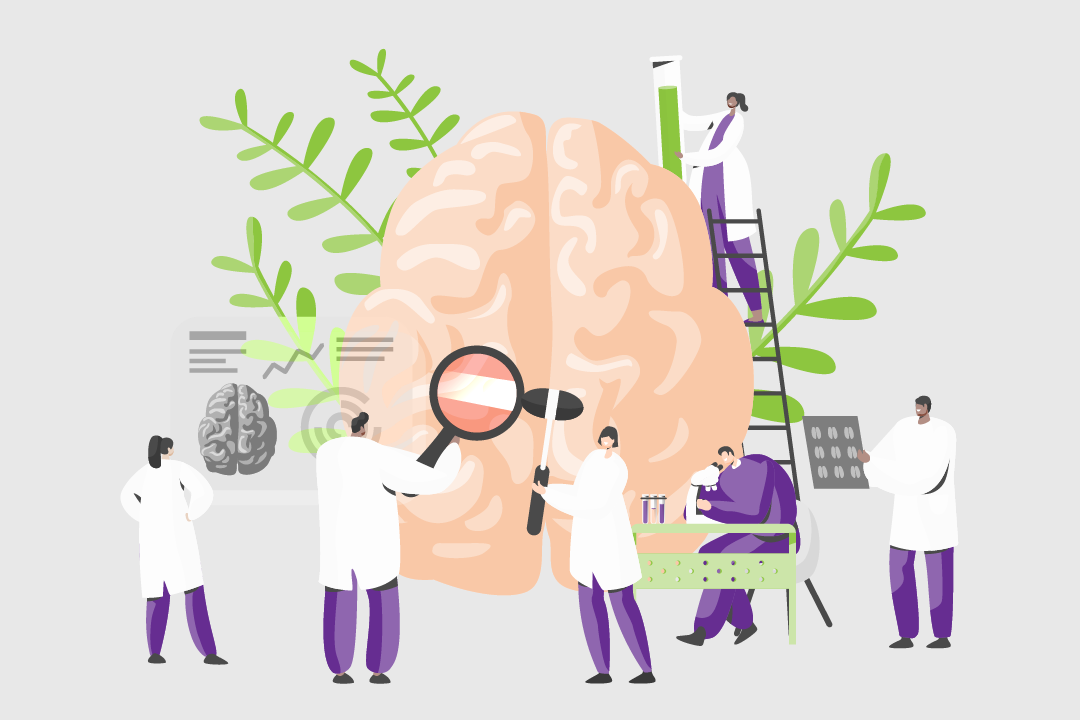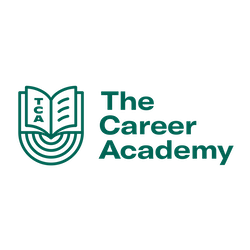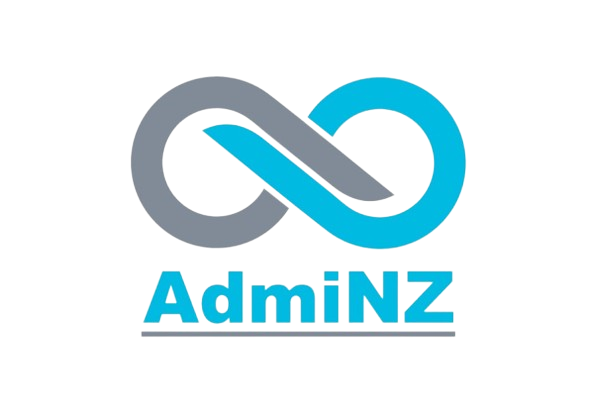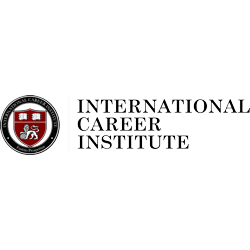The Benefits of Studying a Medical Terminology Course

Medical Terminology courses are excellent for those interested in pursuing a health and science career requiring the ability to communicate with physicians, doctors, or other medical professionals.
Most medical terminology courses cover the medical language and terminology used by healthcare professionals everywhere. Medical terminology courses are perfect for anyone wishing to work in the medical or healthcare field; such professions include medical receptionist, medical sales or support, natural therapy and medical administration. You can study the medical terminology courses on their own, or you can even bundle it as a Medical terminology Certificate or Diploma.
In this article, we will explore the benefits of studying medical terminology courses, including:
- Improved job opportunities
- Effective communication in the workplace
- Improved patient care and satisfaction
1. Increased job opportunities or upskilling
If you are already working with doctors, nurses or other medical personnel in medical practice, then you may already have noticed the use of medical terminology. You may also be unsure of some of the language used by healthcare professionals. Medical terminology courses support the knowledge you have already gained in the medical field and further increase your understanding of specific medical words and terms. Also, by enrolling on an online course, you may learn at your own pace or follow a set schedule.
On the other hand, If you are somebody looking to get into the healthcare sector, a medical terminology course is also a great place to start. Before jumping into a postgraduate or undergraduate degree, studying a medical terminology course can give you a foundation of knowledge to build on and give you a better understanding of the healthcare industry as a whole.
Getting a general education or undertaking an online learning course for your health care degree will assist you both early in your career journey, as well as later down the path. For example, if you’re studying nursing, it can help you excel in your academic studies since you’re already familiar with specific medical terms, as well as enhance your career by impressing your healthcare colleagues with the knowledge that can also potentially lead to advancement.
2. Effective communication and standardised care
Medical terminology allows all medical professionals to understand each other and communicate effectively. When everyone follows what a condition, medicine, or procedure is, they can fulfil their roles accordingly, whether that is delivering a medical transcription or billing for a medicine. When a healthcare team possesses quality communication among all members, this will improve patient safety by reducing the number of mistakes, especially in an emergency situation.
For example, if a doctor has a record of a patient’s full medical history and prior conditions, it helps them prescribe a safe, effective treatment for the patient. If a member of the healthcare team confuses the terminology, entering the wrong condition or drug, it can make a massive difference in the care that the patient receives.
3. Improve patient care and experience
To provide more efficient care, medical staff may note standard abbreviations for medicines or illnesses. Therefore, all team members should be able to understand these abbreviations and terms to provide the best care.
Furthermore, when all members of a healthcare team know medical terminology, they can also assist patients in learning what those terms mean. Patient education helps patients become a more active part of their care and prevention. Medical terminology can also help avoid coding and billing mistakes on medical records. This is to prevent a patient from having to call back to correct, which could lead to a decrease in customer satisfaction.
4. Job outlook
The healthcare industry is one of the fastest-growing job markets, and health professionals are on the official New Zealand labour shortage lists, making it easier for foreign nationals to meet New Zealand’s immigration requirements. By studying a medical terminology course in addition to any experience gained within a medical environment will mean a better chance of employment in New Zealand.
If you work in healthcare, a firm grasp of medical terminology is vital to your job performance; whether you spend every day at a patient’s side or never step foot into a medical clinic. People in both clinical and non-clinical positions must be able to utilise medical terminology everyday day to comprehend what is being read, billed, written or communicated on a day-to-day basis.
For people new to healthcare, medical terminology can be confusing, but online medical terminology courses or general medical terminology courses can help cut through the noise.
Ready to take this exciting step in your career?
Browse Results
Administration Pathway Program – Business Administration
Give your admin career a real boost. It’s one of the most highly awarded Administration courses that you could take. This program is for those working in or seeking a Business Administration role. You’ll complete the Certificate in Business Administrat…


Paralegal Secretarial Advanced Course
The ICI paralegal course has been designed in conjunction with government and industry representatives and helps you learn the skills you need to succeed within the field of law quickly and conveniently. Our program is designed for those who seek to en…

Administration Pathway – Medical Reception
Working as a Medical Receptionist can be hugely rewarding. Choosing a medical admin course to secure one of these roles means you are arriving at interviews prepared. Receive a Certificate in Medical Terminology and a Diploma in Business Administration…


Political Science Course
Have a job that makes a difference! There are certain skills you need to become a successful political scientist. The ICI Political Science Program helps you learn them quickly and conveniently. It is sometimes thought that students only do politics to…

Accounts Administration & Payroll Pathway
You’re well on the road to success once you have this course under your belt. You’ll become a professional accounts administrator where you’ll learn how to balance the books and prepare GST returns and business accounts before using the prestigious AAT…

PA & Executive Secretarial Course
Want to advance your secretarial and administrative skills and unlock new career opportunities? Take the next step in your professional development with our online executive secretarial and personal assistant (PA) course. Developed in conjunction with…

Medical Secretary Course
If organisation comes easily to you, a career as a medical secretary could be right for you. Using your keen eye for detail and your amiable personality, you could be the first point of reference for patients in a hospital, doctors’ surgery or other me…

